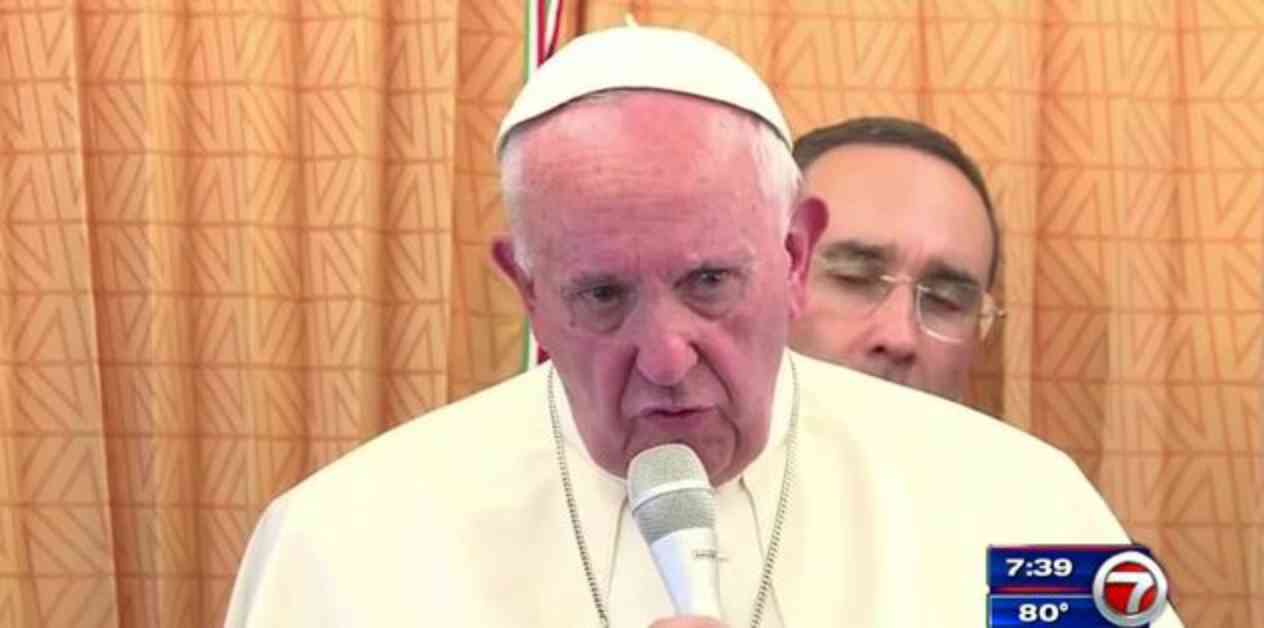The recent conclusion of Pope Francis’ Catholic Church reform process left many hopeful for greater equity for women in the Church, but the recommendations fell short of this goal. The pope decided not to issue a teaching document based on the recommendations, which included calls for women to have the same opportunities provided by Church law. However, the question of allowing women to be ordained as deacons was left unresolved.
The debate over women deacons, who can perform many priestly functions but cannot celebrate Mass, has been ongoing. Advocates argue that allowing women to be deacons could help address the shortage of priests, while opponents fear it could lead to the ordination of women to the all-male priesthood. Despite hopes for change, especially among women who feel marginalized in the Church, the final recommendations did not meet expectations.
Cardinal Victor Manuel Fernandez stated that the moment was not right for allowing the ordination of women as deacons, without defining what would determine the “ripeness” for such a decision. The role of women in the Church was discussed, but the focus was not on the diaconate. The final document called for the full implementation of opportunities already provided for women in Canon Law, leaving the question of women’s access to diaconal ministry open.
The outcome of the synod process was disappointing for many Catholics advocating for greater recognition of women’s spiritual calling and equality. The lack of progress on LGBTQ+ issues also drew criticism from gay rights activists. Despite the inclusion of women in the synodal process, the working group guiding discussions on women’s role is being led by the Roman curia, raising concerns about representation.
The pace of change in addressing women’s roles in the Church was seen as too slow by some, with calls for concrete changes to be made. The idea of allowing women to be deacons gained attention during the synod debate, becoming a test of the Church’s willingness to address demands for greater equality. Pope Francis emphasized other ways to empower women in the Church without resorting to ordination, highlighting the need for a cultural shift in attitudes towards women’s roles.
Overall, the synod process reflected the ongoing challenges and debates within the Catholic Church regarding women’s roles and representation. While the recommendations did not go as far as some had hoped, the discussions and debates during the process shed light on the complexities of addressing issues of equity and inclusivity in the Church.
